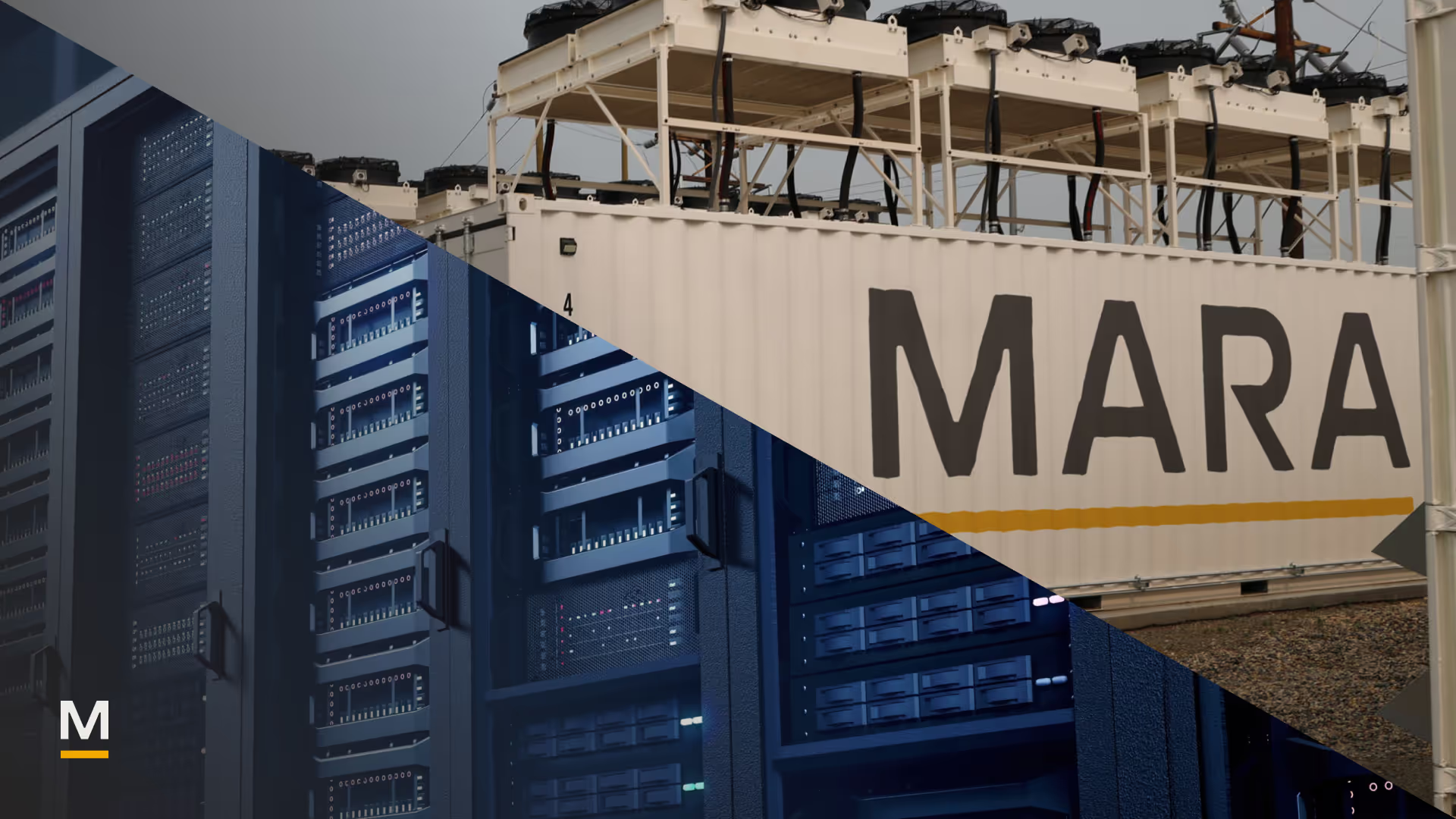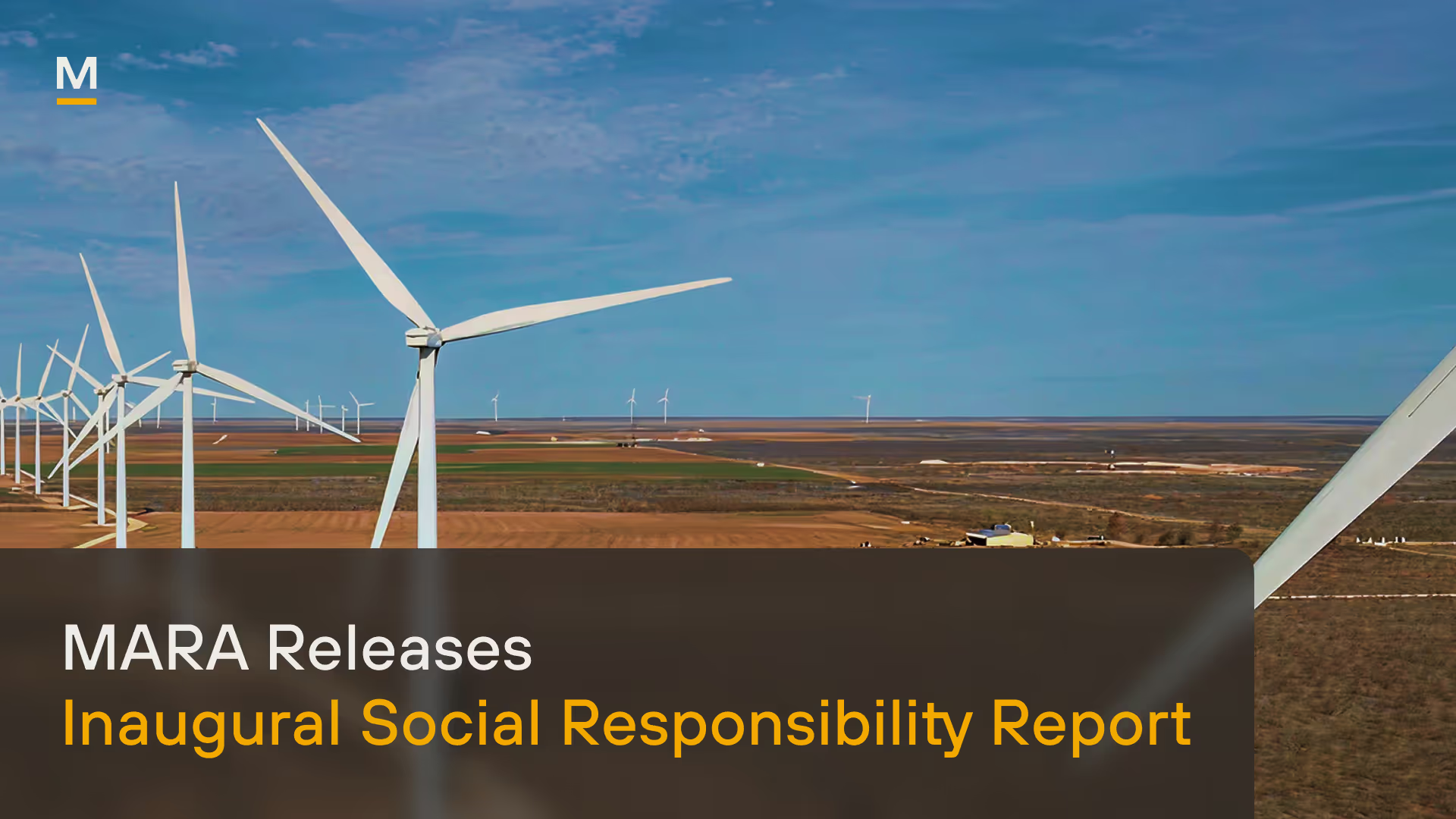View the full report to explore in depth how Bitcoin mining offers solutions to today’s global paradoxes. The following is the introduction to the report.
At the Future Investment Initiative (FII) 9th edition 2025, global leaders will gather to address the paradoxes that define this era: the Paradox of Progress, the Paradox of Innovation, and the Paradox of Fragmentation — where growth produces waste, technological advancement strains resources, and globalization weakens cooperation. These paradoxes highlight a central reality: abundance by itself is not enough. Without effective mechanisms to channel it, abundance can lead to inefficiency, instability, and division.
The Paradox of Progress
Globally, more electricity is generated than ever, driving economic growth. Yet much of this abundance is underutilized. Without adequate infrastructure, as much as 2,000 TWh of renewable output could be lost to curtailment and connection delays by 2030, almost half of the electricity consumed in the U.S. in 2024. Similarly, over 150 billion cubic meters of natural gas was flared in 2024, comparable to the annual emissions of 91 million gas-powered cars. Excess energy surrounds us, but without tools, markets, and infrastructure to capture it, progress paradoxically leads to waste.
The Paradox of Innovation
Advancements in AI are already impacting productivity. A recent survey showed that 67% of respondents saved two or more hours of work per week by leveraging generative AI. Yet these boosts in productivity do not come without a cost. AI data centers create rigid and rapidly growing demands for fiber, water, and energy. McKinsey projects that AI data center power demand could grow by three and a half times by 2030. As this strain on the grid grows, so too does the need for technologies that absorb inefficiencies within existing infrastructure.
The Paradox of Fragmentation
For decades, globalization has bound economies closer together, facilitating unprecedented economic growth, trade, and opportunity. Yet today, increased geopolitical tension has fractured commerce and constrained access to capital. Nearly one-third of all nations now live under sanctions, underscoring how factors that once enabled global integration are now driving fragmentation. To prevent further fragmentation, markets may increasingly look to assets like bitcoin for secure financial infrastructure.
Across energy, technology, and finance, these paradoxes converge on a single theme: abundance is not sufficient on its own. Increased electricity production creates excess energy when it cannot reach markets. Technological advancements intensify demand for resources. And without open financial infrastructure, abundance risks dividing economies instead of uniting them.
Bitcoin mining offers one potential path forward. It can turn excess energy into value, create stability with increased adoption, and provide decentralized financial infrastructure for a resilient asset. This report examines how Bitcoin mining is applied in practice, from North American wind farms and oilfields to Finnish communities and Emirati energy projects. By turning excess energy into digital capital, volatility into resilience, and fragmentation into inclusion, Bitcoin mining illustrates how today’s paradoxes can be reframed as opportunities.
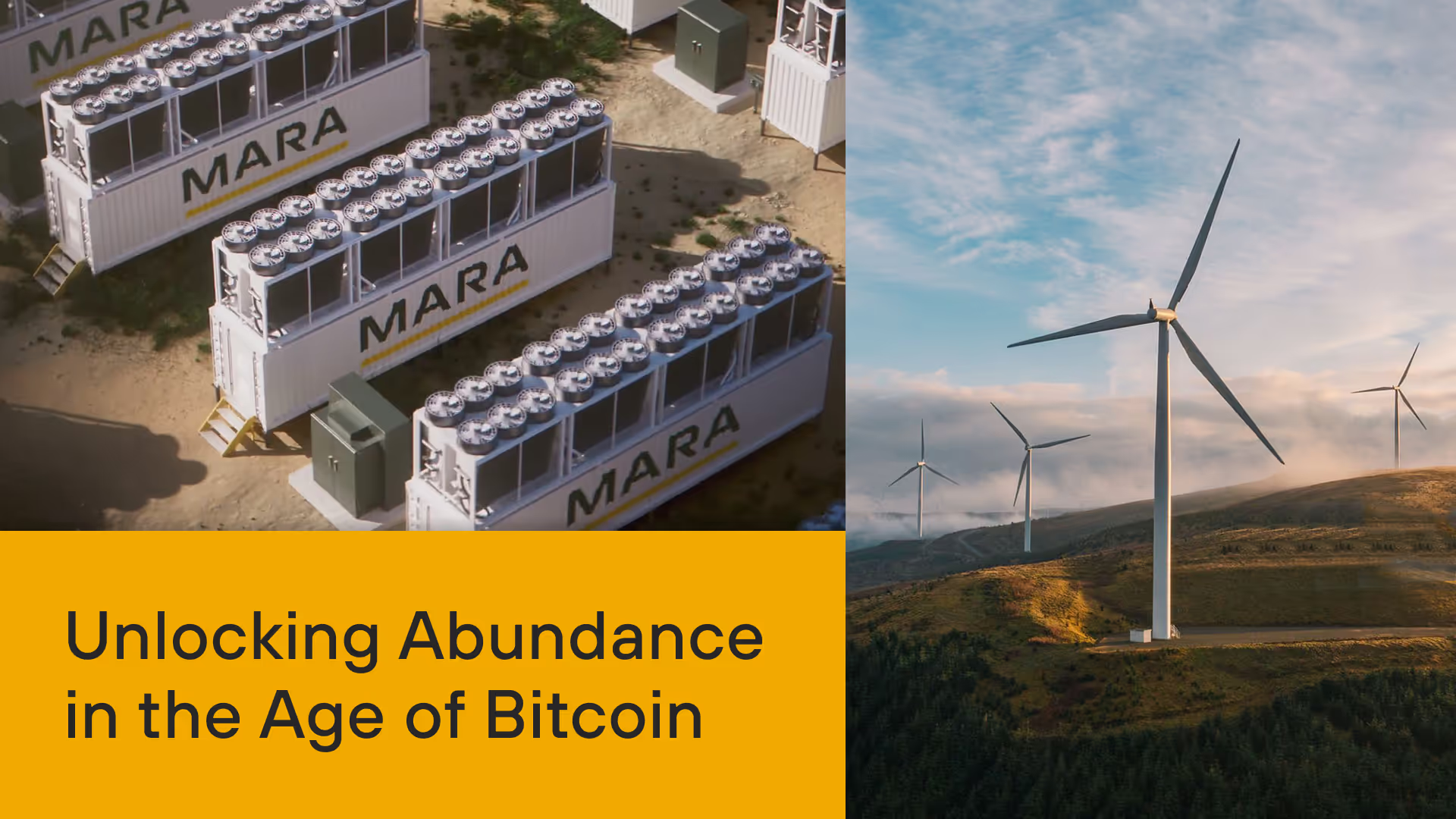

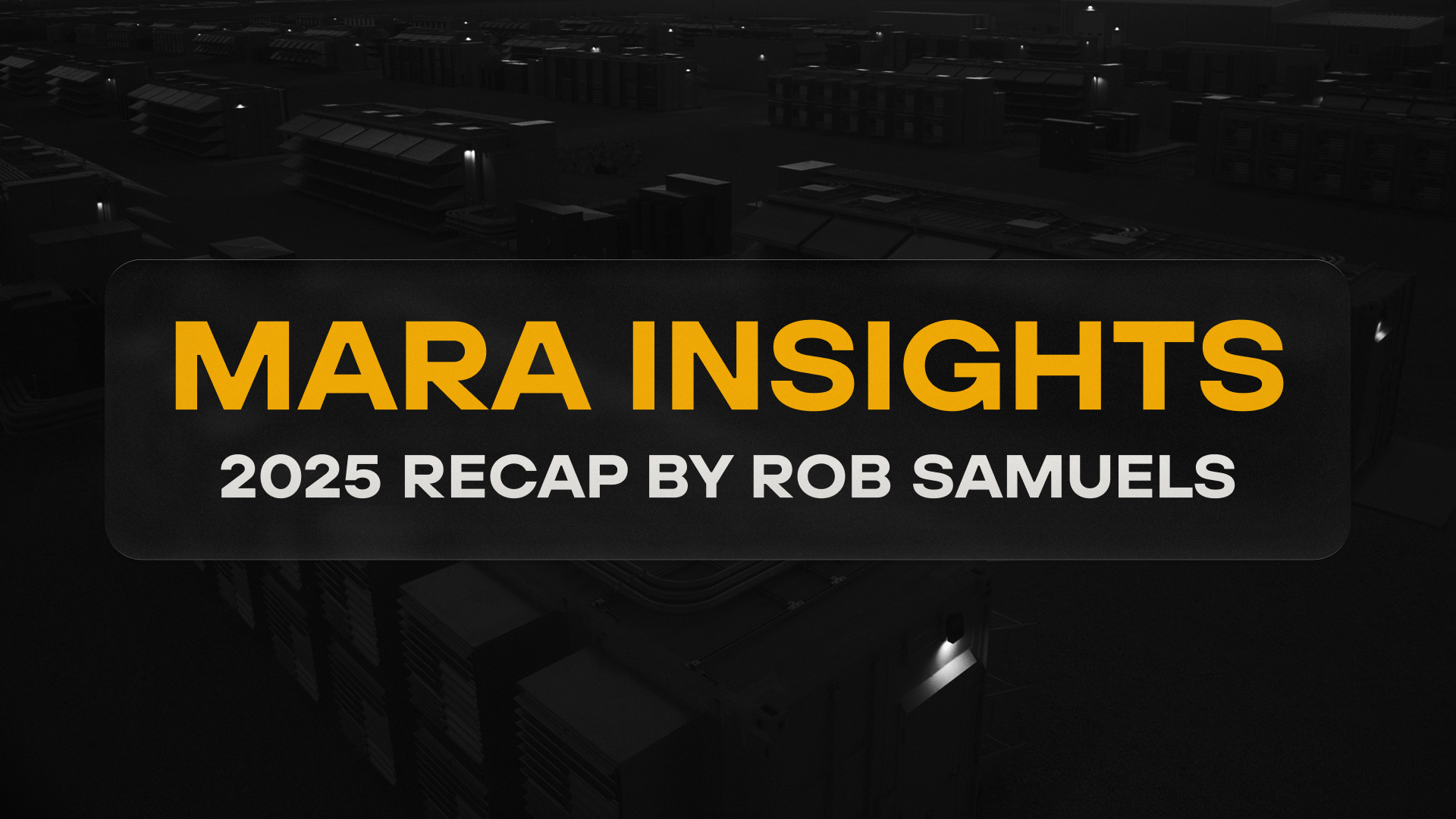
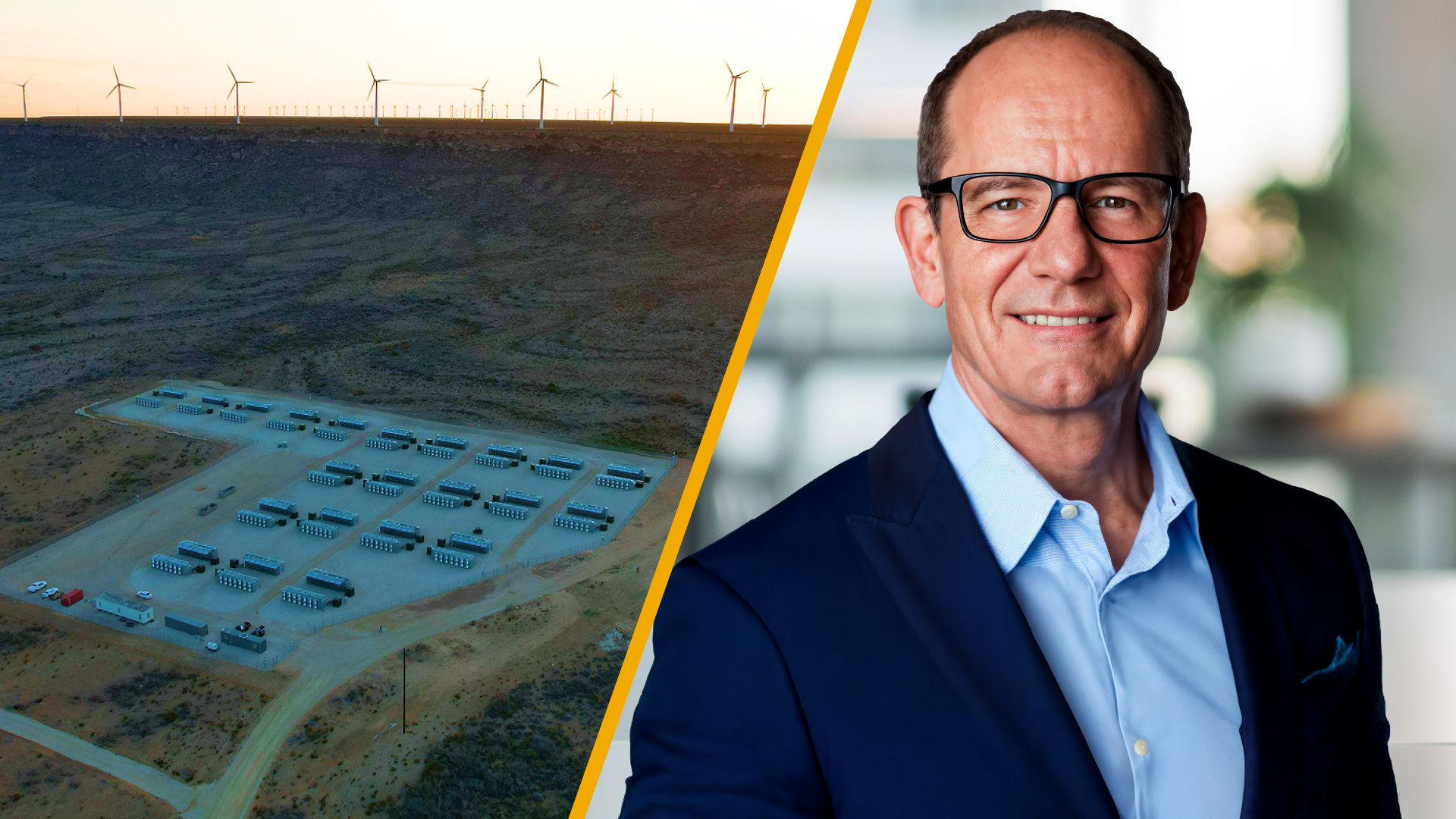
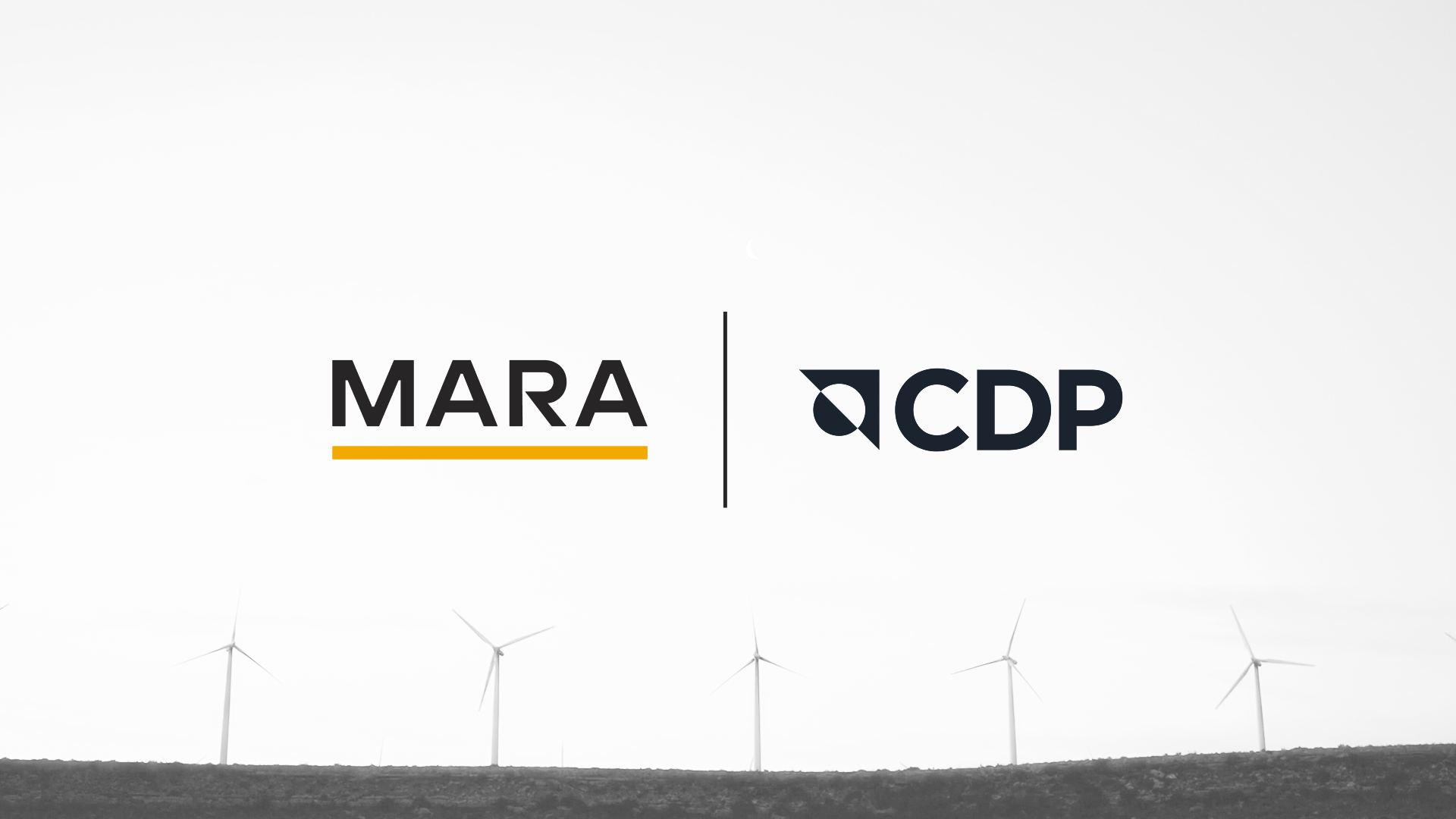
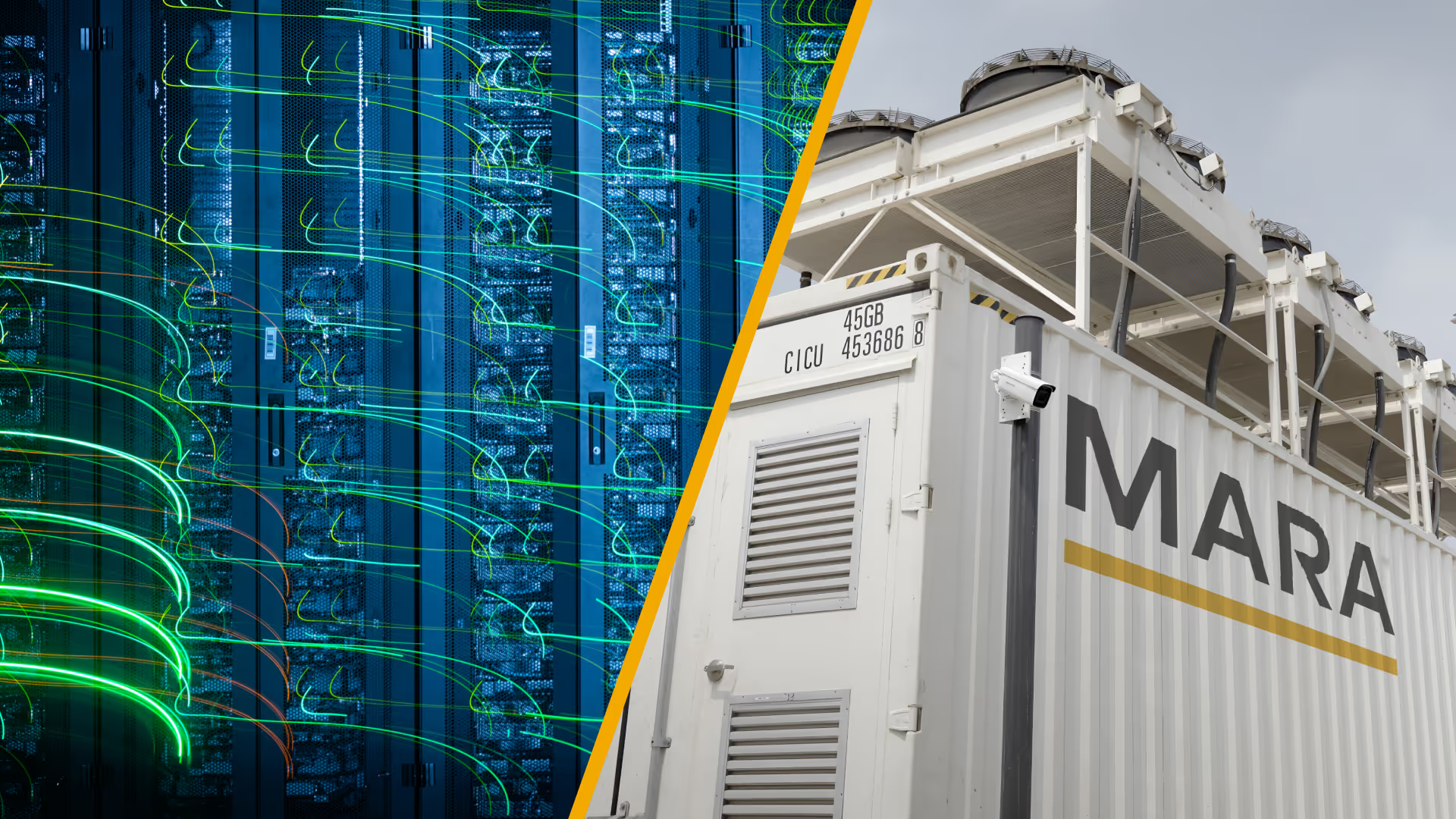
.avif)

